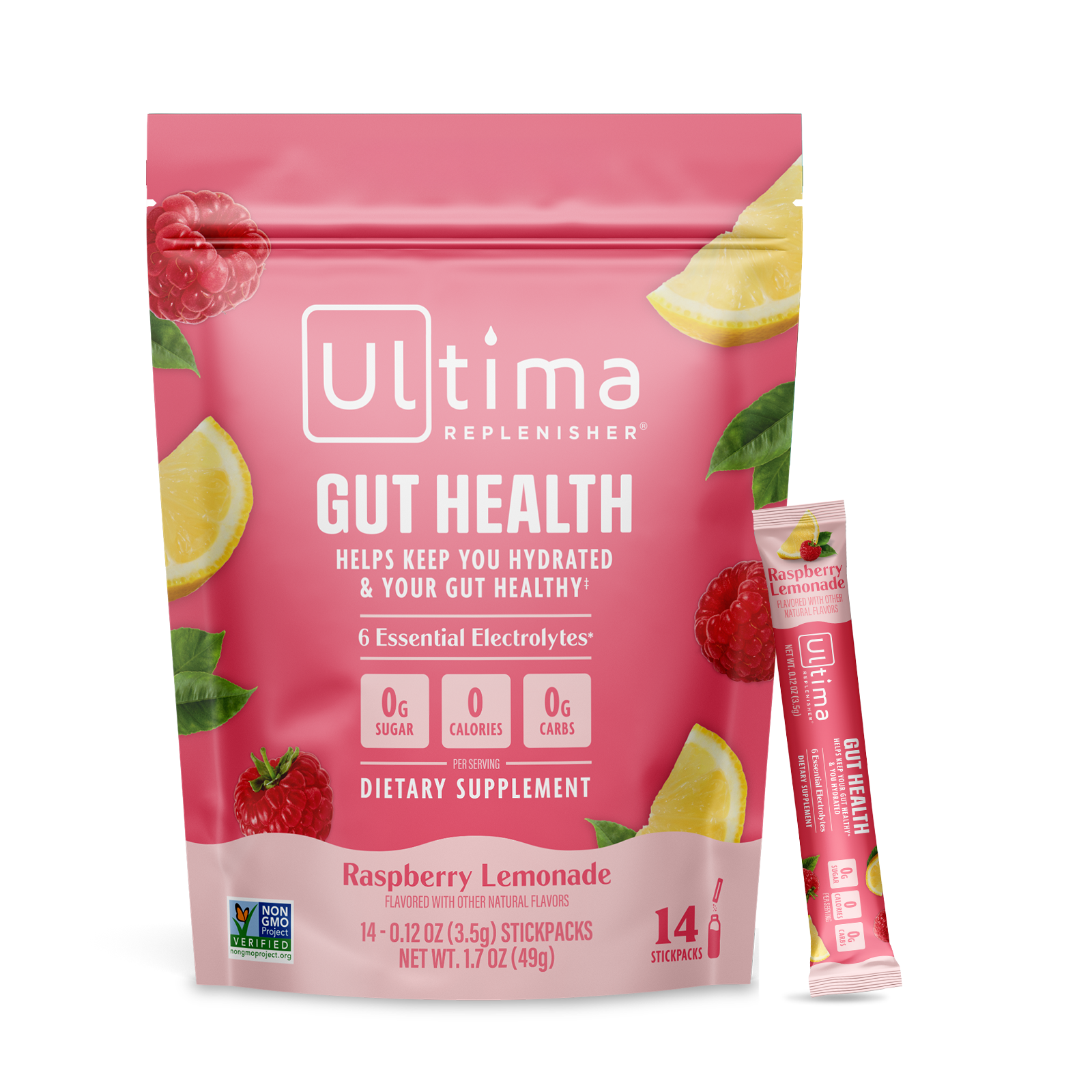Discover the Secret to Digestion and Resistance With Digestive Tract Health And Wellness Assistance

Comprehending Intestine Wellness
Understanding intestine wellness is essential for total well-being, as it plays a substantial duty in food digestion, resistance, and also psychological health and wellness. The digestive tract, comprising the stomach tract, is responsible for breaking down food, soaking up nutrients, and getting rid of waste. A well balanced digestive tract environment makes sure efficient food digestion, permitting the body to utilize nutrients effectively.
Furthermore, digestive tract health dramatically impacts the immune system. The digestive tract houses a significant section of the body's immune cells, and a healthy and balanced gut can assist ward off pathogens and minimize inflammation. Disruptions in digestive tract wellness can lead to an over active immune action, potentially adding to autoimmune problems and allergic reactions.
Furthermore, the intestine is typically described as the "2nd brain" as a result of the gut-brain axis, an intricate communication network linking the mind and the intestine. This connection affects state of mind, cognition, and psychological well-being. Concerns such as dysbiosis, characterized by an inequality in gut germs, have been related to mental health problems, consisting of anxiety and depression.
The Gut Microbiome Explained

The gut microbiome, a varied area of microorganisms living in the gastrointestinal tract, plays a critical duty in maintaining digestive wellness and total wellness. Comprising trillions of bacteria, infections, fungi, and various other germs, this facility community aids in the food digestion of food, the synthesis of vital nutrients, and the guideline of metabolic processes.
Each individual's intestine microbiome is special, affected by factors such as diet, way of life, genetics, and ecological direct exposures. A balanced microbiome supports optimal food digestion by damaging down complex carbs, creating short-chain fats, and assisting in the absorption of nutrients. Alternatively, an inequality, usually described as dysbiosis, can bring about digestive system conditions, consisting of irritable digestive tract disorder (IBS) and inflammatory digestive tract illness (IBD)
Research has actually demonstrated that a diverse microbiome is connected with much better wellness results, underscoring the relevance of dietary choices in supporting these microorganisms. Foods rich in fiber, probiotics, and prebiotics, such as fruits, veggies, and fermented products, can promote a healthy microbiome. Comprehending the digestive tract microbiome is essential for creating targeted treatments focused on boosting gastrointestinal wellness and avoiding stomach diseases.

Link Between Digestion and Resistance
A robust connection exists in between food digestion and immunity, highlighting the crucial function of the intestine in preserving total health and wellness. The stomach tract is home to trillions of microorganisms that form the gut microbiome, which dramatically influences both immune reactions and gastrointestinal procedures. This facility environment help in damaging down food, soaking up nutrients, and offering essential metabolites that support immune function.
When food digestion is efficient, the digestive tract barrier continues to be intact, protecting against hazardous pathogens from pop over to these guys getting in see page the blood stream (gut health supplement). Alternatively, bad digestion can bring about a discrepancy in the microbiome, leading to dysbiosis, which has actually been connected to numerous health issues, consisting of autoimmune diseases and inflammatory disorders. In addition, about 70% of the body immune system resides in the gut-associated lymphoid cells (GALT), which engages very closely with the intestine microbiome. This interplay makes certain that the immune system can efficiently compare harmful and helpful compounds.
Tips for Sustaining Intestine Wellness
Sustaining gut wellness is important for keeping both digestive efficiency and a well-functioning immune system. To foster ideal gut wellness, take into consideration incorporating numerous useful techniques into your day-to-day regimen.
First, prioritize hydration. Drinking ample water sustains digestion and helps preserve the mucosal lining of the intestines. Additionally, regular physical task can improve gut motility and advertise a varied microbiome.
Conscious eating practices are also important. Eating food completely and consuming slowly can aid food digestion and prevent overindulging, which might emphasize the intestine. Handling stress through techniques such as reflection, yoga, or deep-breathing workouts can favorably influence intestine health and wellness, as stress and anxiety is recognized to interfere with digestive system procedures.
Integrating prebiotics and probiotics into your routine is another effective approach. While certain foods will be reviewed later on, recognizing the importance of these components is crucial. Prebiotics act as food for helpful intestine bacteria, while probiotics present real-time advantageous microorganisms.
Last but not least, avoid excessive usage of prescription antibiotics, as they can interrupt the equilibrium of digestive tract plants. By complying with these ideas, you can significantly add to the upkeep of a healthy gut, which is necessary for total health and vigor.
Foods That Promote Gut Health

Fermented foods, such as yogurt, kefir, sauerkraut, and kimchi, are rich in probiotics, which are advantageous bacteria that sustain intestine plants and boost digestion. These foods can help bring back balance in the gut, especially after antibiotic usage or digestive system disruptions.
In enhancement to fermented options, prebiotic foods, such as garlic, onions, asparagus, and bananas, function as sustenance for these probiotics, advertising their growth and activity. These soluble fibers support digestive tract motility and can minimize issues like bowel irregularity.
Additionally, including high-fiber foods, including entire grains, vegetables, vegetables, and fruits, is vital for preserving a healthy and balanced digestive tract. Fiber help in normal defecation and aids prevent digestive conditions.
Lastly, omega-3 fats discovered in fatty fish, flaxseeds, and walnuts have anti-inflammatory buildings that can further support intestine health and wellness. Emphasizing these foods in your diet plan can lead to a robust gastrointestinal system and boosted immune function.
Final Thought
In verdict, prioritizing intestine health is important for maximizing food digestion and boosting resistance. A balanced intestine microbiome, affected by dietary choices and way of living aspects, plays a crucial duty in nutrient absorption and inflammation decrease.
Recognizing digestive tract health and wellness is vital for total health, as it plays a significant duty in digestion, resistance, and even mental health and wellness. The intestine houses a considerable portion of the body's immune cells, and a healthy intestine can assist fend off microorganisms and minimize inflammation.Additionally, the digestive tract is commonly referred to as the "2nd mind" due to the gut-brain axis, a complex communication network connecting the brain and the intestine.A durable link exists between food digestion and immunity, highlighting the vital duty of the intestine in maintaining total health.In verdict, prioritizing gut wellness is crucial for optimizing food digestion and boosting immunity.
Comments on “Improve Digestion and Overall Health with a Quality Gut Health Supplement”